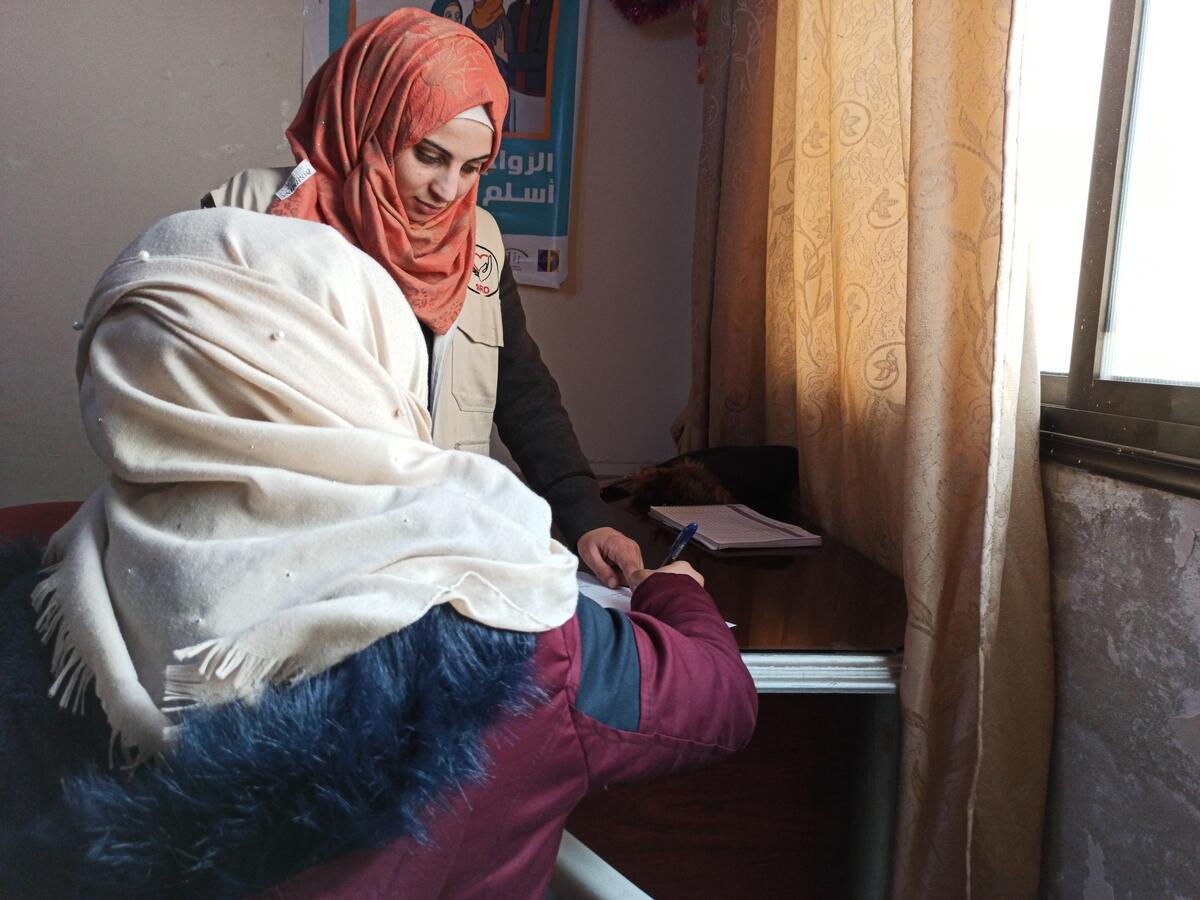
Child marriage has soared in Syria since conflict began 10 years ago, a new World Vision report has revealed.
The report, Stolen Future: War and Child Marriage in Northwest Syria found that:
- Child marriage has become more common since the conflict in Syria began, according to almost 100 per cent of girls and 94 per cent of boys surveyed
- More than half of women and girls surveyed said that the fear of sexual exploitation, abuse and kidnapping drove forced early marriage
- 70 per cent of girls and women said that child brides were at increased risk of domestic violence
- Increased use of social media was identified by males as a leading driver of child marriage for girls to protect family honour
Although rates of child marriage were recorded in Syria before conflict began 10 years ago, the practice has significantly increased, driven by conflict, displacement, poverty, and social and cultural pressures.
In northwest Syria, an estimated 2.8 million people are in need, out of a total population of four million. Children are being exposed to a number of threats, including forced marriage, as households are driven to new depths of desperation.
“Child protection is a major concern inside Syria. As conflict continues, vulnerabilities of children, particularly girls, grows exponentially. This is a stain on our collective moral obligation to uphold the rights of these children.
“The impact of COVID-19 is already pushing displaced people living in extreme poverty to new depths of destitution, and we could see child marriage figures increase even further” said report co-author Nadine Haddad, World Vision Australia’s Senior Policy Advisor on Conflict and Fragility.
The Syria report confirms the findings of a World Vision report in May which found that the economic impact of COVID-19 would lead to sharp increases in child marriage, child labour and abuse.
The Aftershocks 2 report predicted that up to 13 million extra child marriages would occur over the next 10 years due to the COVID crisis, with at least four million more girls married off over the next two years, as family livelihoods evaporate and economic crises ensue. That was on top of the 150 million child marriages already expected to occur in that 10-year period.
The Syrian report also found that increased social media use is also causing parents to choose child marriage over the perceived threat to family honour that this modern phenomenon creates.
“Social media is recognised as a key coping mechanism tool to help displaced communities escape their reality. However, some parents feel that it also creates a situation where they have limited ability to monitor their children’s interactions with the opposite sex. As a result, child marriage is viewed as preferable to the impact a loss of family honour could have.” Ms Haddad said.
Parents however, are largely driven by the instinct to protect their children and ensure they are provided for when choosing to place them in child marriage.
“Many respondents stated that fear or exploitation and abuse, as well as the desire to ensure economic security were key drivers of child marriage. However, the reality is that child marriage offers little protection from abuse and is accompanied by significant physical and psychological harm, mental health challenges, increased domestic violence, early withdrawal from education and multidimensional poverty” Ms Haddad said.
World Leaders are meeting virtually next week for the Fourth Brussels Conference on the Future of Syria where they hope to work towards a lasting nation-wide ceasefire and pledge much needed resources to respond to the crisis.
“If global leaders are serious about the future of Syria, they cannot ignore the issues facing millions of the country’s children. They have the power and resources to alleviate suffering, and must use this conference to show solidarity with the most affected girls and boys,” Ms Haddad said.
“Child marriage is not an inevitability of conflict. It is driven by desperation and vulnerability, and enabled by a collective failure to prioritise and strengthen child protection systems. We hope that the Brussels Conference will mark the beginning of the end of this failure and will finally bring change for vulnerable Syrian children.”




